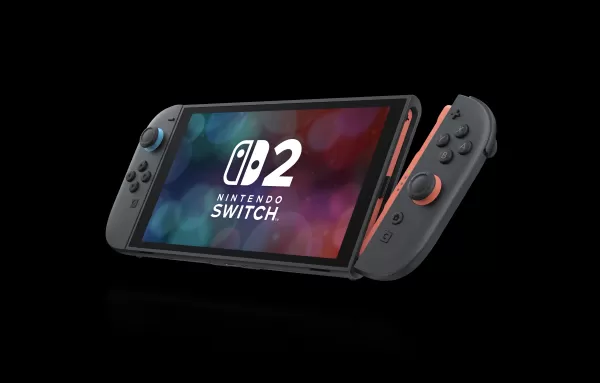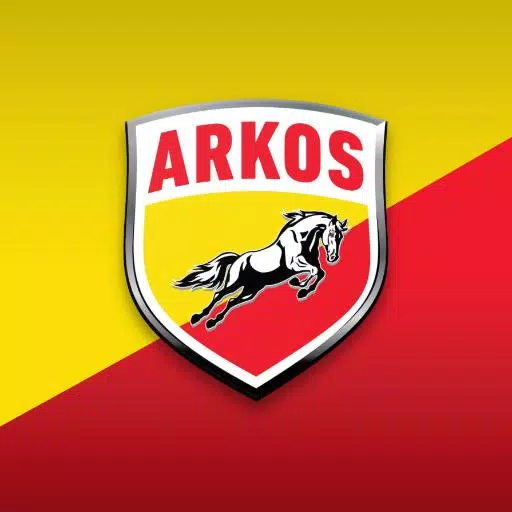California's New Law Clarifies Digital Game Ownership
A new California law mandates greater transparency from digital game stores like Steam and Epic regarding game ownership. Effective next year, these platforms must clearly state whether a purchase grants ownership or merely a license.

The law, AB 2426, aims to combat deceptive advertising practices surrounding digital goods. It defines "game" broadly to encompass applications accessed via various devices, including add-ons and DLC. Stores must use clear and conspicuous language, specifying the nature of the transaction. Failure to comply could result in civil penalties or misdemeanor charges.

The legislation prohibits advertising digital products as offering "unrestricted ownership" unless this is genuinely the case. It also restricts the use of terms like "buy" or "purchase" unless explicitly clarified that the transaction doesn't equate to full ownership or unrestricted access. The law's intent is to ensure consumers understand they might only be acquiring a license, which can be revoked by the seller.

Assemblymember Jacqui Irwin highlighted the growing importance of consumer protection in the digital marketplace, emphasizing that consumers often mistakenly believe their digital purchases grant permanent ownership, similar to physical media.

Subscription Services Remain Unclear
The law's impact on subscription services like Game Pass remains undefined. It doesn't address the implications for "renting" digital products or offline game copies. This ambiguity stems from the increasing prevalence of subscription models, as noted by a Ubisoft executive who suggested gamers should become accustomed to not technically "owning" games.

This shift in consumer expectations, however, doesn't negate the need for transparency, as underscored by Assemblymember Irwin's statement. The law aims to empower consumers with a clearer understanding of their digital purchases.
















